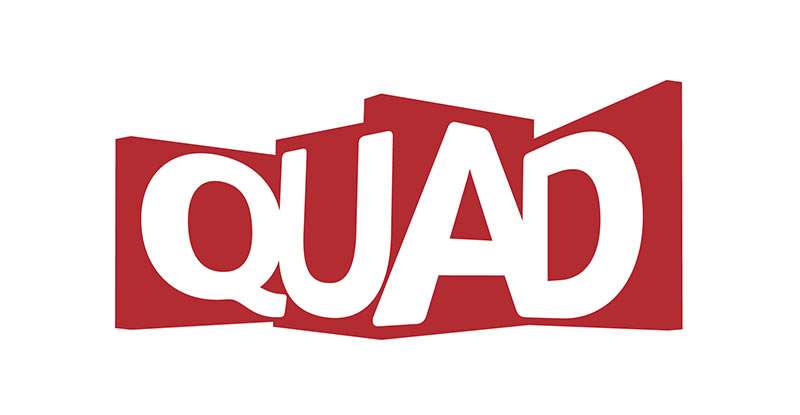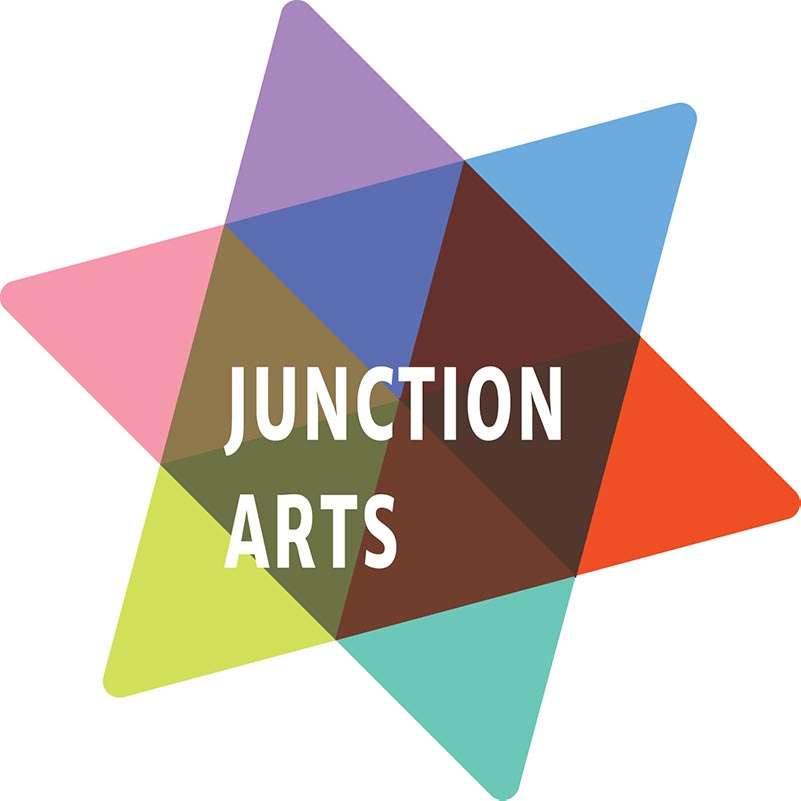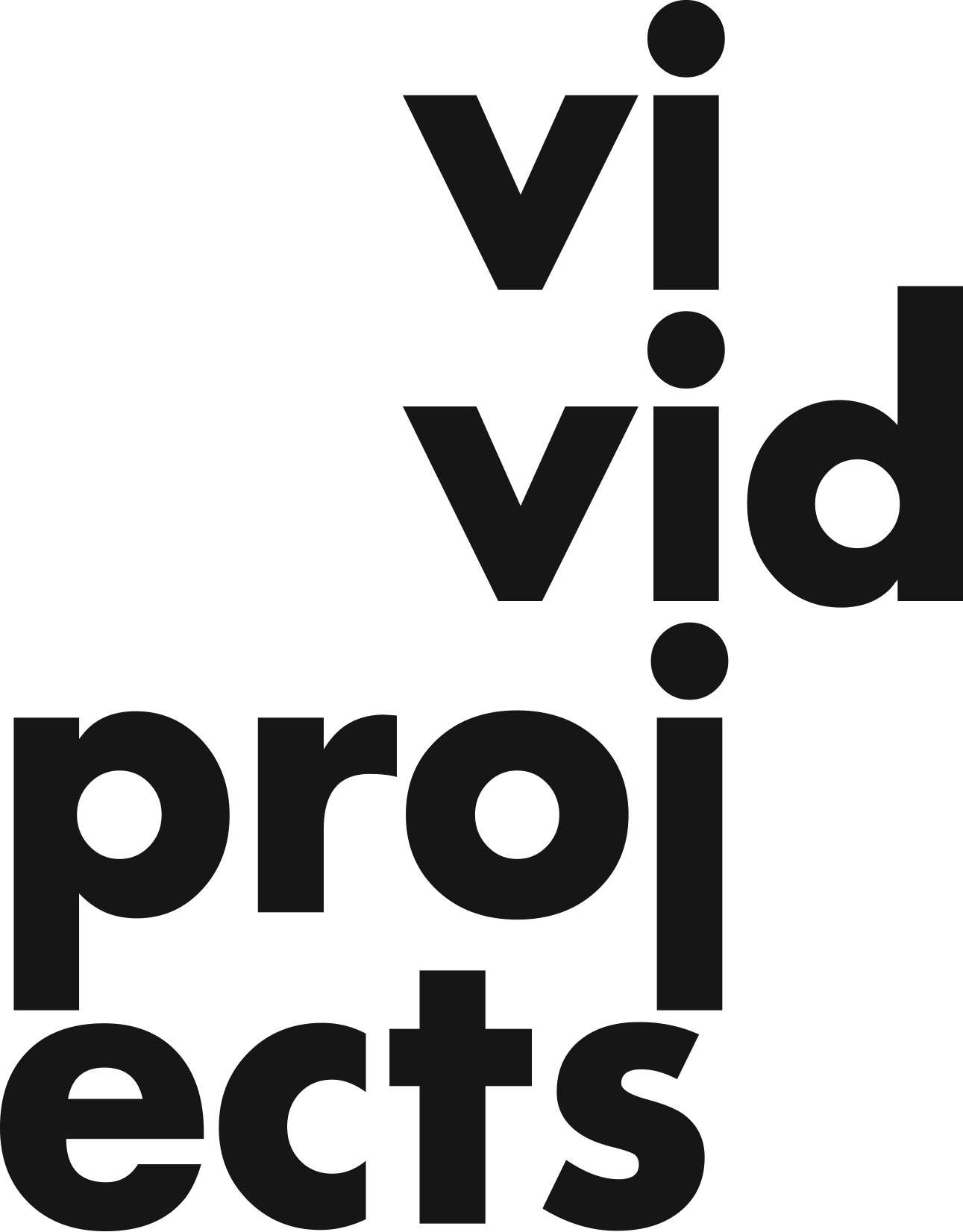Partners




Esther Johnson
March 2020
I’m interested in forms of documentary; in alternative social histories, those told in an authentic voice. Marginalised stories, looking at how those could be told. Repeated conversations with people and oral histories, are something I’ve used a lot in my work, rather than a formal traditional journalist interview set-up.
*
I was always struck by Bolsover when driving past it on the M1: the fairy-tale castle; the topography of the land; the ex-mining, post-industrial landscape. I’d already done a project with people who’d been miners’ children during the 1984–85 strike, and I’d explored how the strike had affected them. The histories of those landscapes, I think, are really fascinating.
Bolsover is quite different from other mining communities in that you’ve got this castle on the hill. It’s like an allegory of English history and politics: the castle on the hill, the people below. Then swathes of newly planted forests where the pits were, but you’ve still got whole areas – like the old Coalite plant that’s still locked up - that are just piles of rubble and detritus.
The actual look of the land said a lot to me about the history of politics and the working class, the them-and-us, and the national and the local. That was something that really attracted me about the location.
*
I found out about the Freedom Community Project https://www.fcgroup.org.uk food bank and community cafe and this was my starting point for meeting people for the project. I had a long talk with Mark North, founder of Freedom, to understand, from the ground, how and why it was started, what was needed in that particular community, and what was unique to the inhabitants of Bolsover. I was trying to understand what the present reality of living in the town was especially for those struggling with gaining or sustaining work.
When meeting Mark, I was very much trying to understand why he started Freedom. Him personally, but also where it was now and how it was helping the community. It was being very frank really, asking him about his own background and what was it that led him to start this. It’s a big undertaking. It’s commitment and you have to have passion and empathy for others.
I’d read a lot about Dennis Skinner. I don’t think there is any other area, really, where an MP – now ex-MP – and his own history is so closely identified with that of the area. I set up a meeting with Dennis at the library, trying to get behind his story that he’s always telling. Dennis later gave myself and one of participants in my film, and Freedom centre former volunteer and now staff member, a fascinating tour of the Houses of Parliament.
*
I read, and re-read, a lot of material about work, at the start of the project. This included E P Thompson, Henry Mayhew, Raymond Williams, classics that look at history from below and the authentic voice of lived experience. I was also thinking about the micro-histories of Carlo Ginzberg, and hauntology, including writings by Mark Fisher. Contemporary works included Darren McGarvey’s (aka Loki) ‘Poverty Safari’.
In addition I read a lot of literature on post-industrial landscapes, and the scars - both physical and metaphorical - of such places: including texts by sociologist Alain Touraine (who coined the phrase ‘post-industrial society’); Joseph Rowntree reports; CRESR reports – the Centre of Regional Economic Social Research at Sheffield Hallam (where I’m Professor in the Art and Design Research Centre). I conducted research in the local studies section of Bolsover library. I especially love the Bolsover town guides I found there. I think they say a lot about how a town is presented – advertised, basically. It’s not necessarily visible in the completed film, but with any film, there are loads of things that you never see in the final cut, but which need to be investigated in order to arrive at the essence of the final film.
*
One of the things about the whole project is spending time with people over a long period of time rather than simply meeting once. I have formed some really lovely friendships and still see some of the participants in the film, for instance Jeanette and I regularly meet for tea and cake.
After my initial meeting with Mark I started to go to the Friday coffee mornings at the Freedom Centre, which were for the community to have a free cuppa and a slice of cake. Some people are very isolated. It is a way for them to spend time with others. Also, it’s a mechanism for the Freedom Centre: if anybody has concerns or troubles, it’s a comfortable environment for them to discuss them. By being in the centre regularly, some of the volunteers could see if some people were struggling but were uncomfortable or wary of asking for help.
I’d sit in the café and would just chat with people. First, it was telling people who I was and what the project was about, and asking people if they would like to talk about their working life, how was the current state in Bolsover. I had a lot of those chats with different people, over a few weeks.
I think the association with the Freedom Centre was a conduit into those people’s lives because they thought, “Oh well, if she knows Freedom Centre and she knows Junction Arts then she must be okay.” Some were familiar with Junction Arts from the lantern parade, and that opened doors.
Then I went to the Freedom Fun Day, and just mucked in. I helped taking down the marquees and all of that. The same with the café, helping out. With Stephen, I worked in the foodbank with him. I went and collected food from supermarkets for the foodbank. It was lovely. I wanted to do it. It wasn’t conducted in a cold or strategic way.
Through Stephen I found out about the reading group. I hadn’t expected to link with one group for the project and be with them pretty much every week. I met a whole community of people, volunteers as well as Bolsover residents who needed help.
When I’d become part of the reader group, we organised trips to Yorkshire Sculpture Park, to Bolsover Castle. Yorkshire Sculpture Park was a place that many hadn’t been to. When they went, they were like, “Oh, this is great, it’s such a lovely place.” We took a picnic and everyone brought a different item of food.
Then we’d talk about those trips in the class the next week. They were fun, lovely things to do, and it was good for everybody to be together in a different environment.
I still help-out with the reading group. I’ve made them a poster and website to encourage others to join the class, and provide free literacy resources. I encouraged Declan, Stephen’s son, to start up a Facebook group. Jeanette (who founded the reading group 7 years ago when Stephen needed help) organised an exercise in the class the other week about the historic Eyam plague village in Derbyshire, and we related this to the coronavirus! They all want to go to Eyam village now, so we’re going to try to organise a trip.
*
It’s their story and it’s their words.
I recorded several conversations with each of the people in the film, transcribed those, then created a script using their words. I edited the text, then went back to them, and we sat together and thought about what they were and weren’t happy with. It’s a way of trying to disrupt a surface telling of the story. So they’re both writing and telling their stories. Some people read those stories in the film, but some people, including Dennis, riffed around their text.
Serena was slightly different in that from the beginning I wanted a young person in the film – somebody who didn’t necessarily have a direct connection with Bolsover’s mining heritage. It’s hard not to reference that in some way. Usually stories of Bolsover are that and only that.
Serena’s mother was in the reading group. They’d had to use the foodbank, and Serena had been a carer for her mother since she was about 13. She was working in different ways than, maybe, the conventional description of ‘work’.
I’d met her at a coffee morning. She’d come with her mum. I asked her to go away and write her story down. So that was different in that it wasn’t a recorded conversation. It was her written story. Then we met and went through it and refined it, and talked about how it might be shot.
I think the whole thing of going back to them and reassessing their story allows for greater reflection, and actually an extended telling of personal stories. There’s something profound about the opportunity to reflect, and not just speak and tell a story verbally in one go.
*
With the reading group, Jeanette prepares exercises for the class each week. Then we would add another exercise or element that was connected to the film ‘WORK’ themes. I started with was a short questionnaire so they could think about their history of work and what work meant to them.
Having some those conversations, and repeated conversations, has helped class members to have a stronger realization of worth and contribution to their community. For instance one class member said how she’d never considered her caring responsibilities as work before, and could see all the skills she’d learnt from undertaking that role for years.
*
I had this idea of the classic fairy tale. Fairy tales are pretty nasty and dystopic. Workers are often undermined by landowners and the gentry.
I wanted to have Bolsover Castle present as a visual element in the film, but side by side, juxtaposed with the landscape of the Coalite plant. Bolsover as a place is the sixth character in the film. There is beauty and wasteland in equal measure just like the dichotomy of a fairy tale.
*
I don’t generally film talking heads. I try to encourage a closer attention to what people are saying so many shots are asynchronous were you hear a voice but you see a landscape. Only Dennis is filmed speaking to camera. The day that he was going to be filming with me at Bolsover Castle, he had to be in London for a Brexit vote. Alternatively I managed to arrange to film him in the Houses of Parliament instead and so took a different approach within the limitations of filming in that environment.
Trying to organise filming some of the participants was very, very, difficult. You can’t, by any means, organize in a traditional film shoot manner, and you have to be prepared for change and thinking quickly on your feet. You work around participants, which is fine and I knew that would be the case. It was, however, even more tricky than I initially thought it would be.
Throughout the making, I was thinking about the national and the local, and the effect of national politics on the local. What does it mean for the people on the ground, their everyday lives? That was another reason to include Dennis: he was a link between the national and the local.